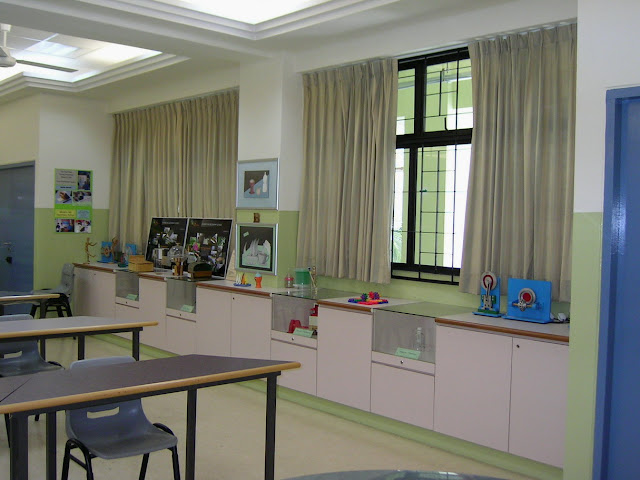Financial Stability for our Golden Age
A new TV program started on channel 8 recently (财不怕退休), to give information/advice to young people on how to plan for financial stability when old. This is a summary of some key points from the program, as well as some of my views.
1. We should plan for retirement as early as we can. In Singapore, even though we have the CPF scheme, it is likely only enough to meet our basic needs. We plan early, so that we can continue to live the way we want to live, after retiring.
2. General guideline for a young working adult: Save 20% of the salary, use 50% for daily expenses, and invest the remaining. For me, I would advise going for longer term, lower risk investments, because the objective is to plan for retirement, not to hit the jackpot.
Some people don't save at all because they feel that they have CPF. As explained above, CPF may give us just enough for basic needs.
On the other hand, there are people who are very prudent and save a huge proportion of their salary. This is also not alright, because bank interest rates are generally lower than the rate of inflation. Hence, in the long run, we are actually losing money if we leave all our savings in basic savings accounts.
3. It is advised that we should have at least 3 months of our salary in our savings, in case we lose our job and need time to find another job. Meaning, if our pay is 5k, we should have at least 15k in the bank as a backup fund.
4. When we get our year end bonus and performance bonus, we should use these to pay down any home loan and car loan etc, so that we reduce the overall interests needed to pay the bank.
Some people spend their bonuses on expensive products and tours, change to a new car, or buy a new house as investment. This is not a wise move, compared to reducing the loan amount. If, say, we use the bonuses to pay for down payment for a house, we need a larger sum in the future to pay for the remaining amounts. This is in fact, locking in money that we do not own yet. Also very risky.
5. In Singapore, some safer investments are government bonds, endowment and saving policies from insurers.
6. Stocks and shares, as well as cryptocurrencies, are very high risk products. If we want to try our luck in these, follow two rules : (1) Never invest what we cannot afford to lose. (2) Don't be greedy.




Comments
Post a Comment